Pest Control
36 posts
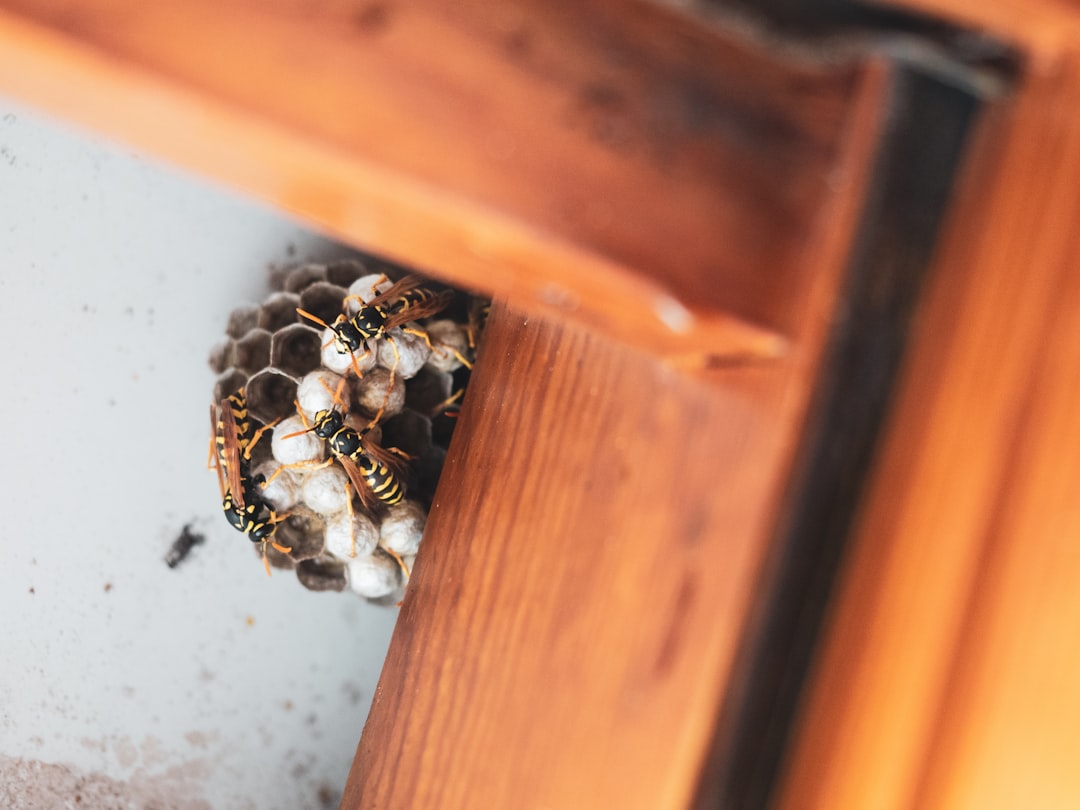
Natural Pest Control: Protecting Your Garden Without Harmful Chemicals
Gardening is an act of nurturing life—so it makes sense that how we protect our plants should be just as thoughtful. While synthetic pesticides may offer a quick fix, they …
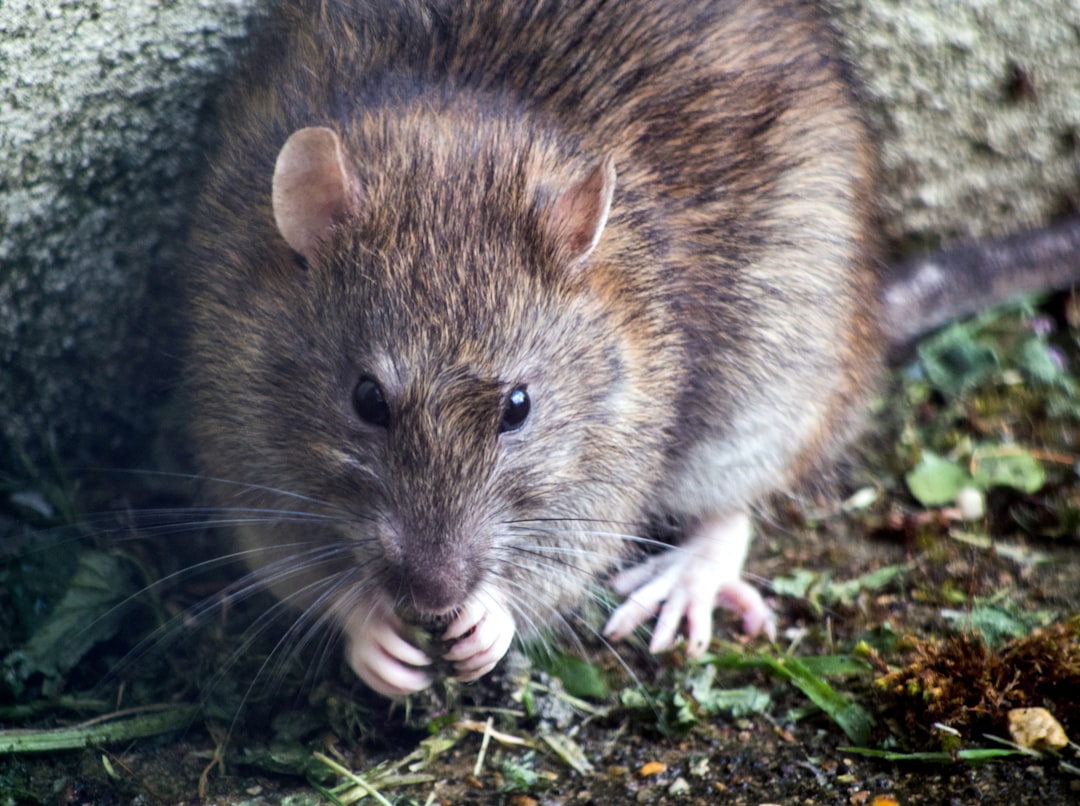
When to Seek Professional Help for Pest Problems in Agriculture, Livestock, or Your Home
Pest problems can arise unexpectedly in agriculture, livestock operations, and even in your home. While some pest issues can be handled with basic DIY techniques or preventative measures, there are …
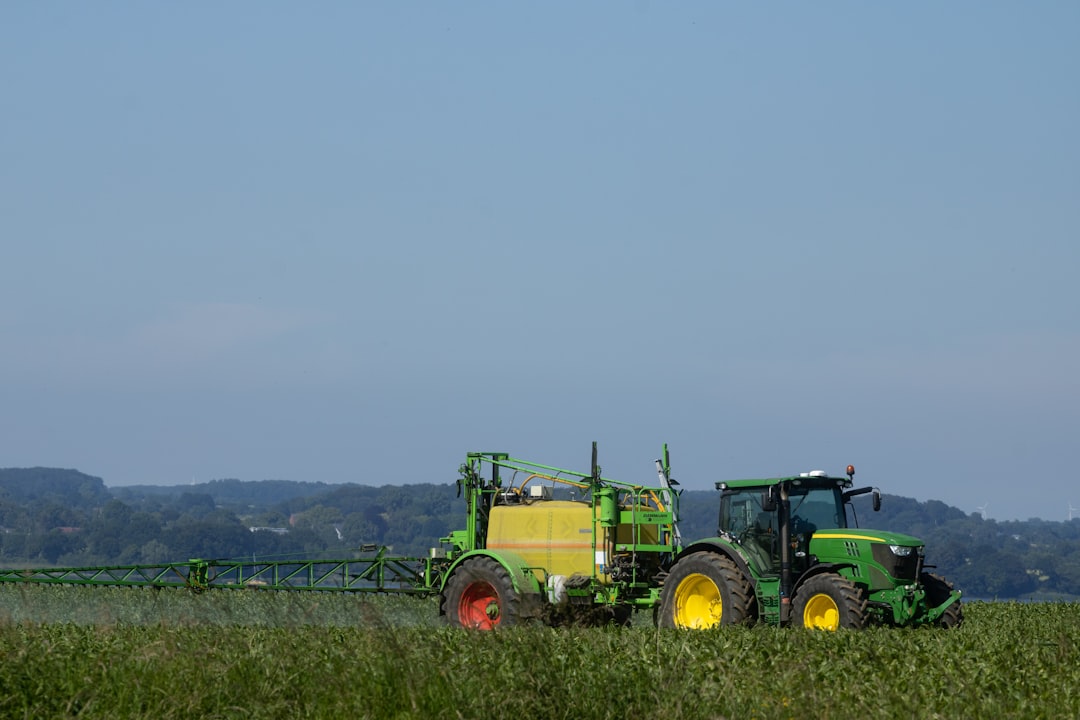
Reading Pesticide Labels Safely and Effectively (Global Considerations)
Pesticides are widely used in agriculture and horticulture to control pests, improve crop yields, and maintain healthy landscapes. However, improper handling or misuse of pesticides can lead to harmful effects …
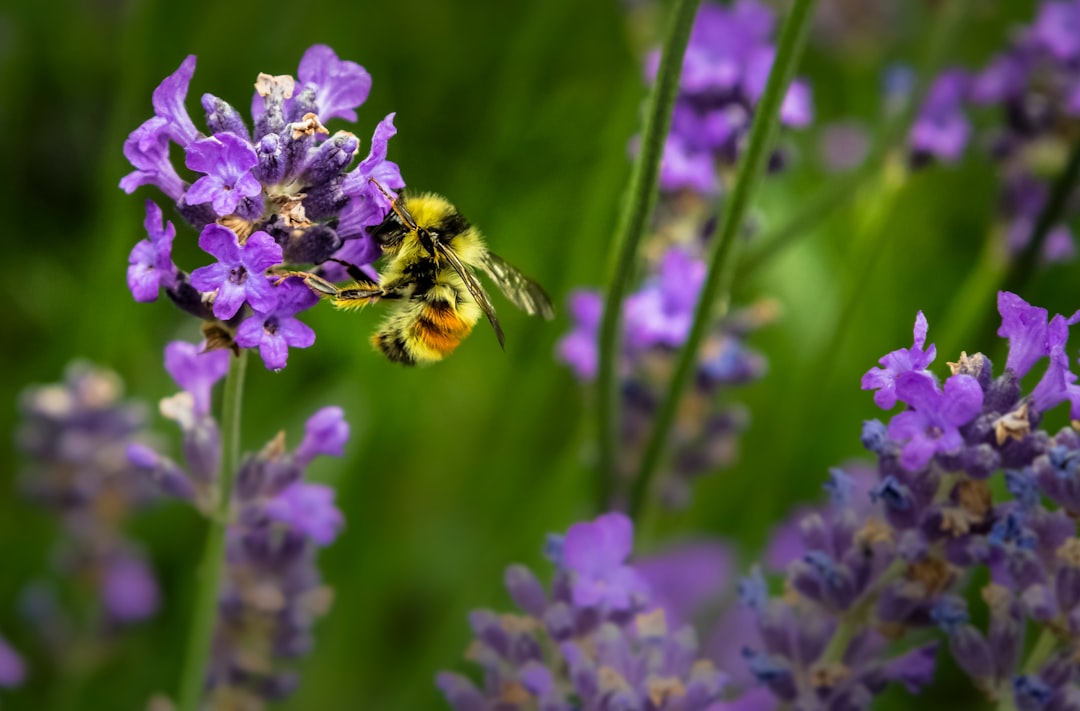
The Importance of Beneficial Insects and How to Attract Them to Your Garden
Insects often get a bad reputation, especially when they are seen as pests that damage plants, spread diseases, or invade our homes. However, not all insects are harmful—many play essential …
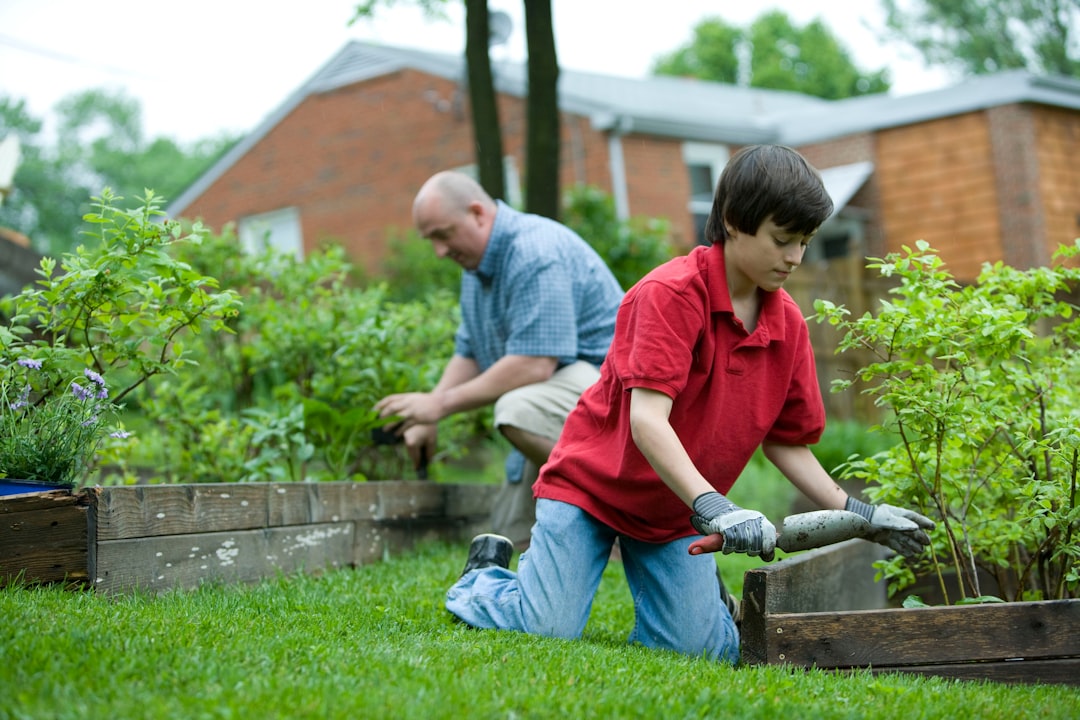
DIY Pest Control Solutions Using Common Household Ingredients
Pests can be a major headache for homeowners, gardeners, and even those with livestock. Whether it's ants invading your kitchen, mosquitoes buzzing around your living room, or aphids feasting on …

Creating a Pest Control Plan for Your Farm, Livestock, or Garden
Effective pest control is essential for maintaining the health and productivity of your farm, livestock, or garden. Whether you're growing crops, managing animals, or cultivating a garden, pests can pose …
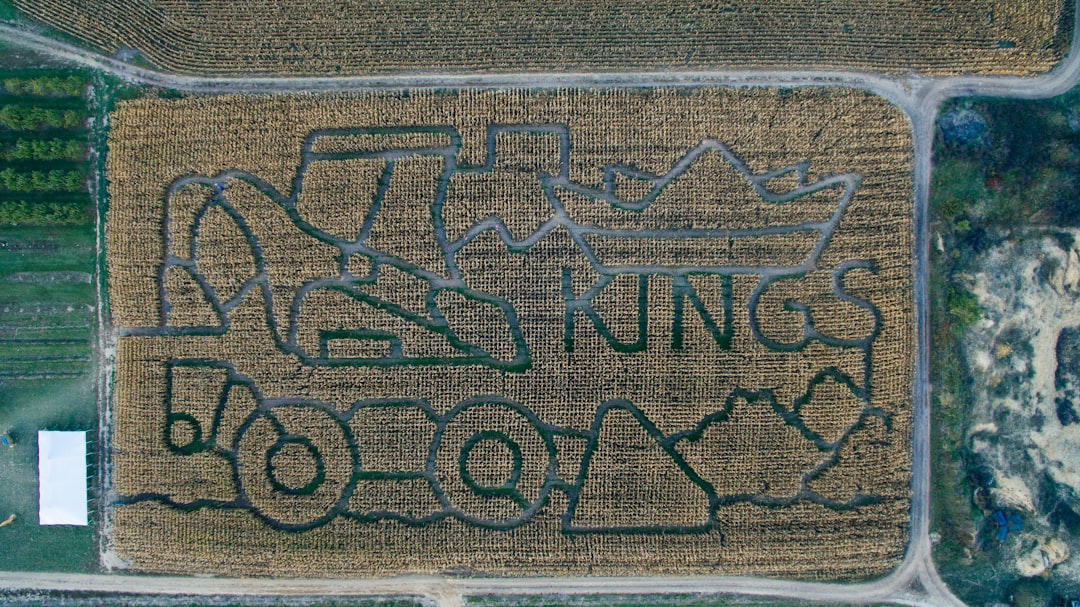
The Future of Pest Control: Emerging Technologies and Innovative Approaches
As the global population continues to rise and the demand for food grows, the pressure on agriculture to produce more crops with fewer resources intensifies. This has led to an …
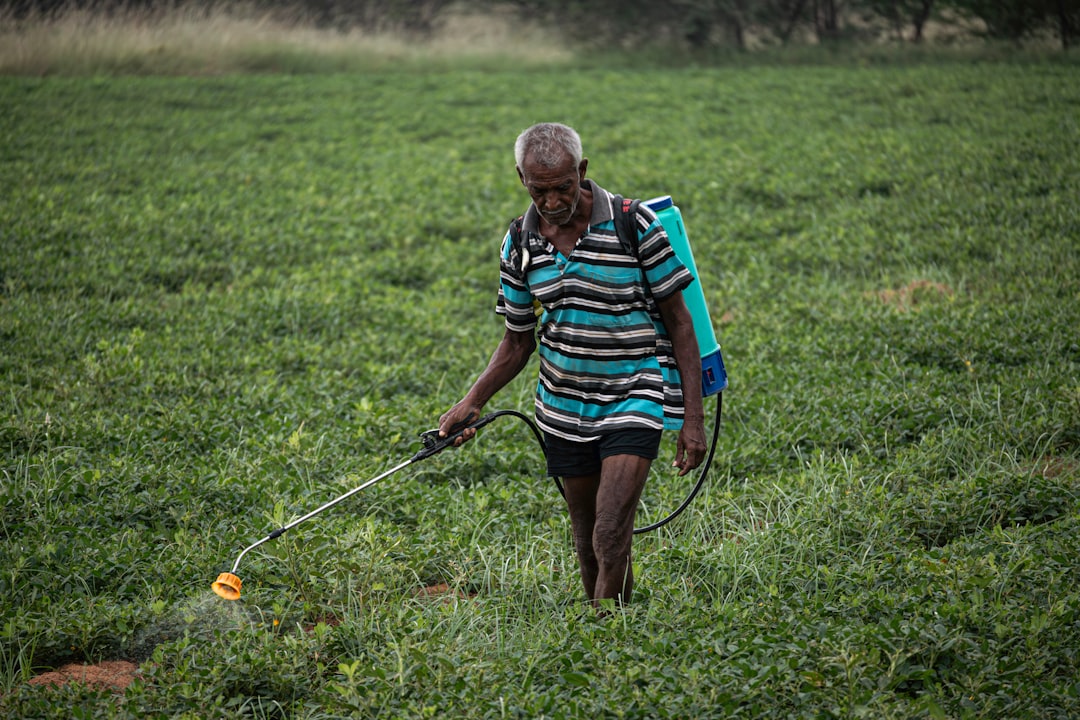
The Regulatory Landscape of Pesticide Use in Different Regions of the World
Pesticides play a crucial role in modern agriculture, helping to protect crops from pests and diseases, ultimately contributing to higher yields and food security. However, their widespread use has also …
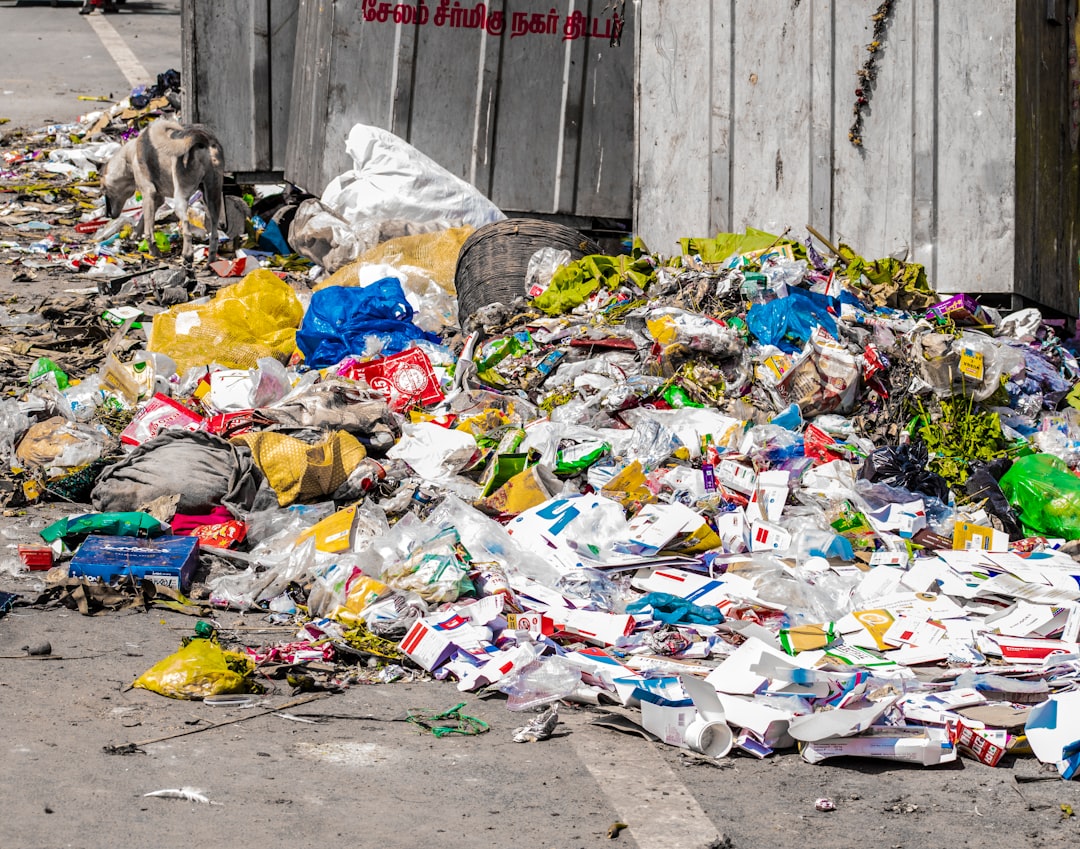
Pest Control in Developing Countries: Challenges and Sustainable Solutions
Pest control is a critical issue for farmers and communities in developing countries. The persistence of agricultural pests poses significant challenges to food security, economic stability, and public health. As …
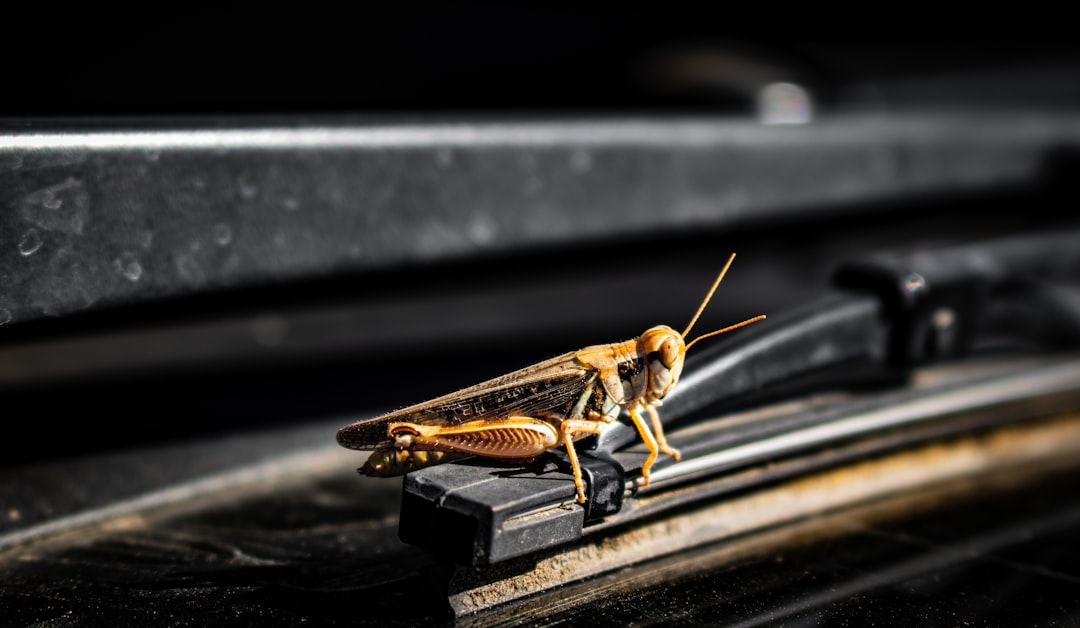
Invasive Pest Species: Their Global Impact on Agriculture and Native Ecosystems
Invasive pest species are among the most significant threats to both agriculture and natural ecosystems worldwide. These non-native species often cause severe damage to crops, livestock, and the environment. Their …
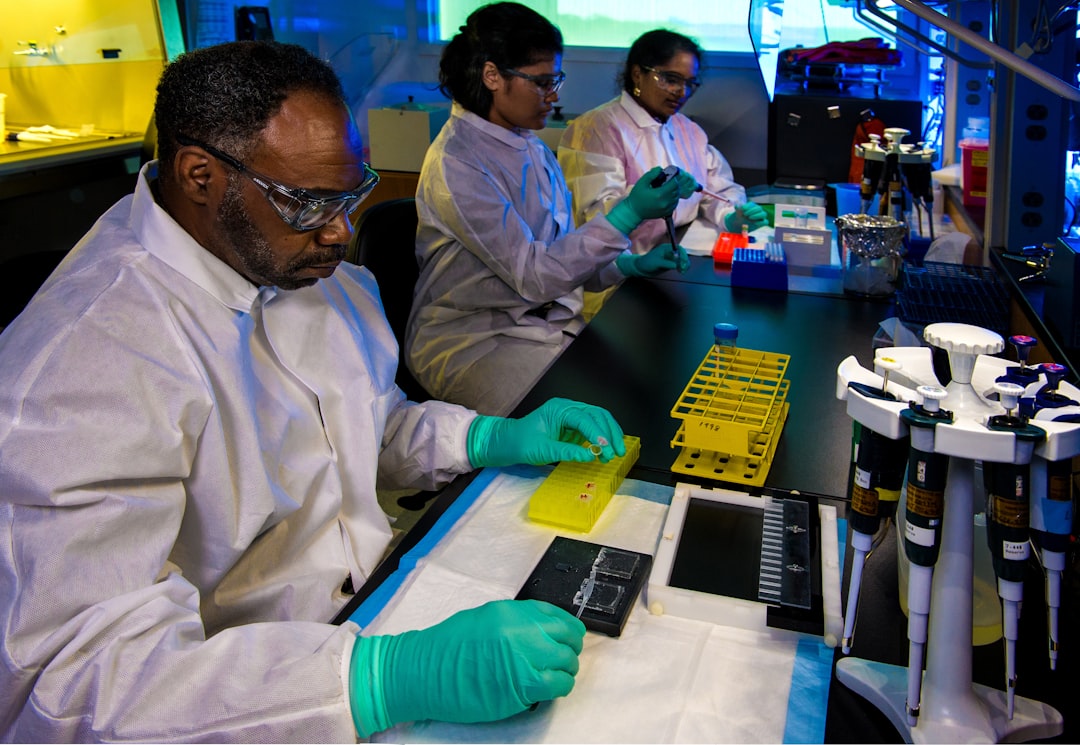
The Role of Biotechnology (e.g., Bt Crops) in Pest Management: Benefits and Concerns
Biotechnology has revolutionized agriculture in many ways, particularly in pest management. One of the most widely discussed and impactful applications is the development of genetically modified (GM) crops, such as …
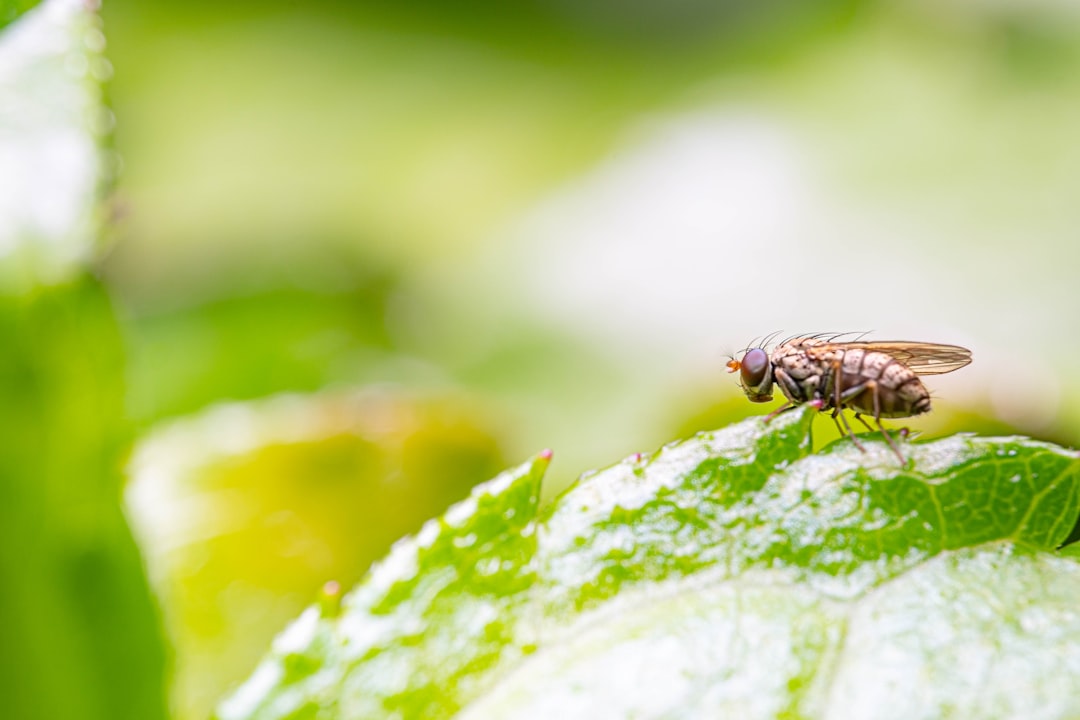
Pest Resistance to Pesticides: A Growing Global Challenge and Strategies for Mitigation
The use of pesticides in agriculture has been a cornerstone of crop protection for decades, helping farmers manage pests, boost yields, and ensure food security. However, over-reliance on chemical pesticides …
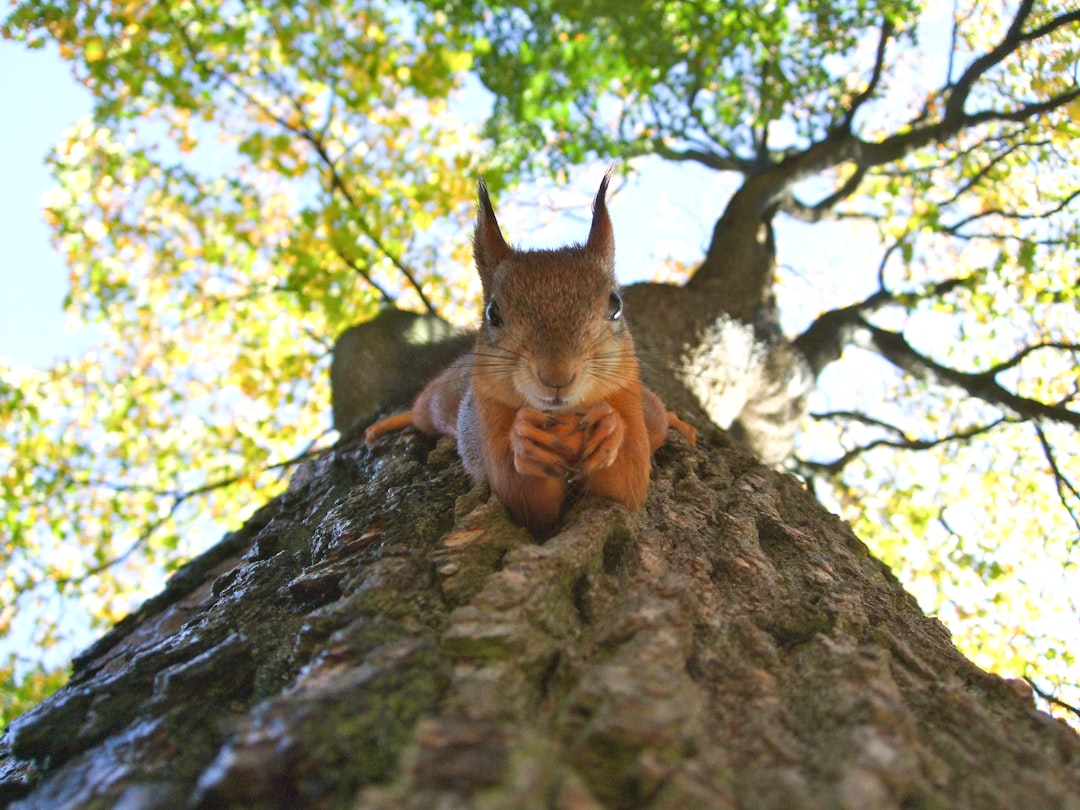
Protecting Your Vegetable Garden from Animal Pests (Rabbits, Deer, Birds)
Growing your own vegetables can be a rewarding experience, but it comes with its share of challenges. One of the most frustrating problems gardeners face is protecting their crops from …
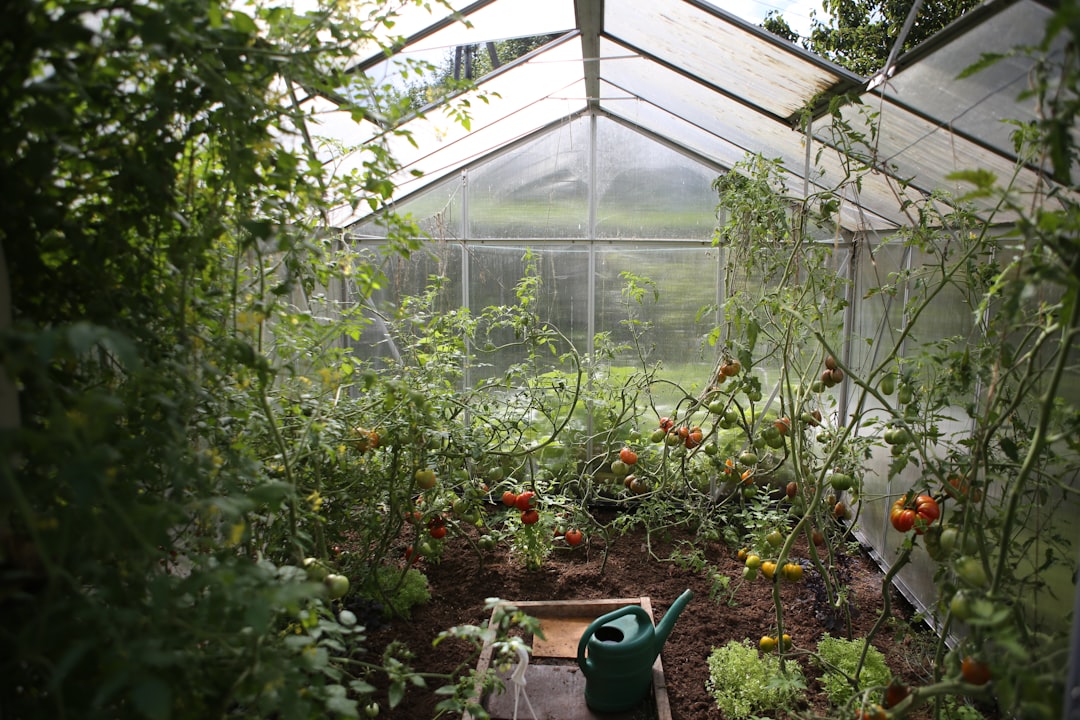
Controlling Common Garden Diseases Naturally
Gardening brings joy, creativity, and the satisfaction of nurturing plants, but it also comes with challenges. One of the most frustrating issues gardeners face is plant diseases. From fungal infections …
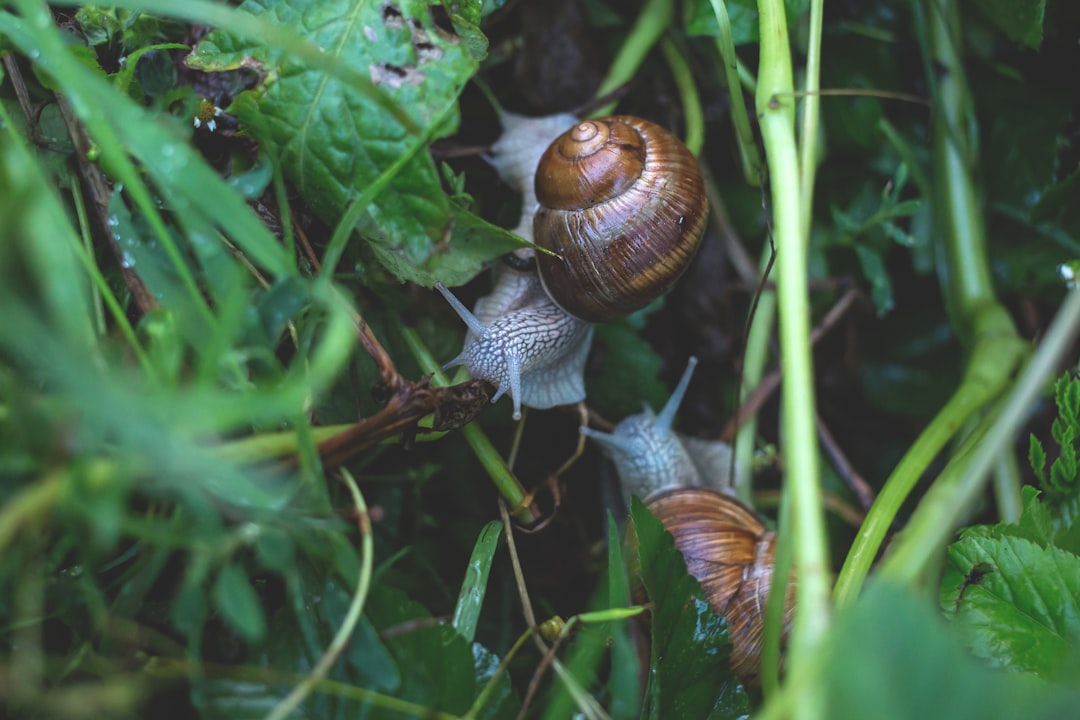
Managing Slugs and Snails in the Garden: Eco-Friendly Control Techniques
Slugs and snails are notorious garden pests, causing significant damage to plants, particularly during wet, warm conditions. These slimy creatures feast on tender seedlings, leafy greens, and even flowers, leaving …
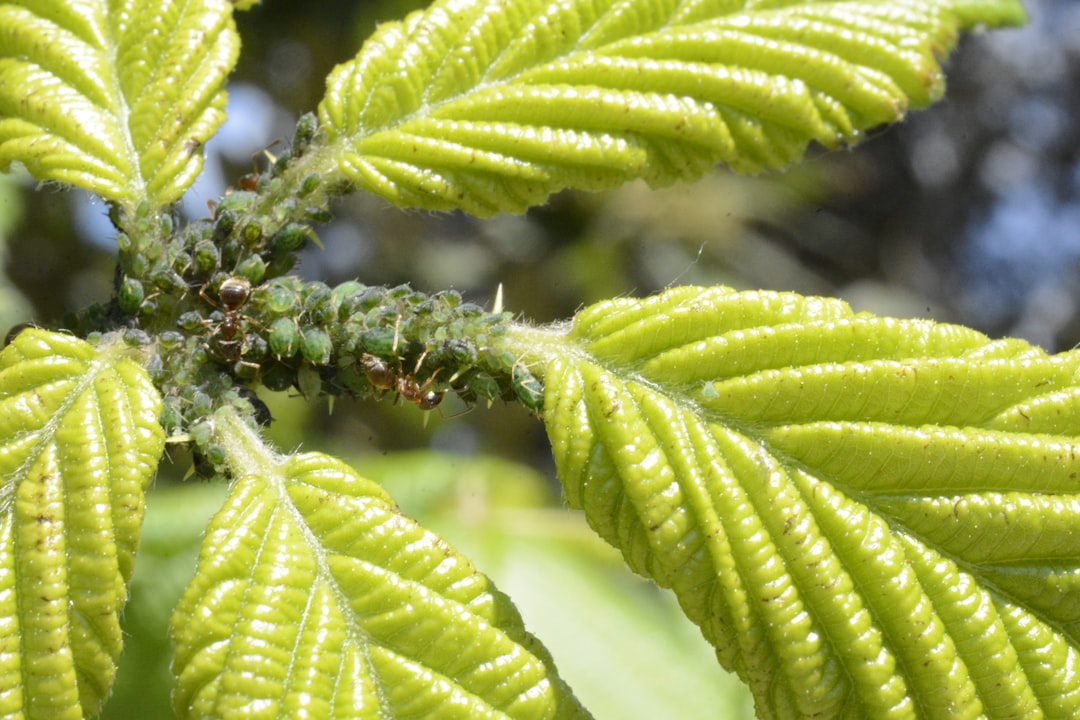
Dealing with Aphids, Whiteflies, and Other Sap-Sucking Insects in Home Gardens
Gardeners often face the challenge of dealing with sap-sucking insects like aphids, whiteflies, mealybugs, and scales. These pests are notorious for feeding on plant juices, weakening plants, and spreading diseases. …
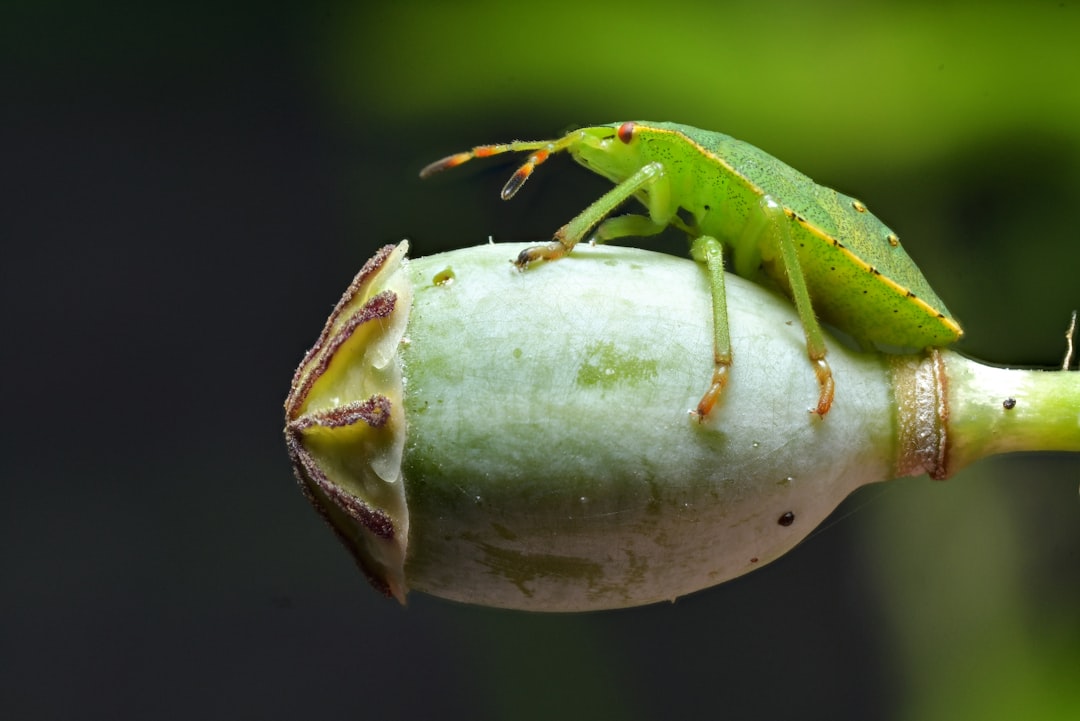
Organic Pest Control Methods for Home Gardens: Safe and Effective Solutions
Gardening is a fulfilling and sustainable way to enjoy nature, but it’s not without its challenges—one of the most common being garden pests. While chemical pesticides are a common go-to …
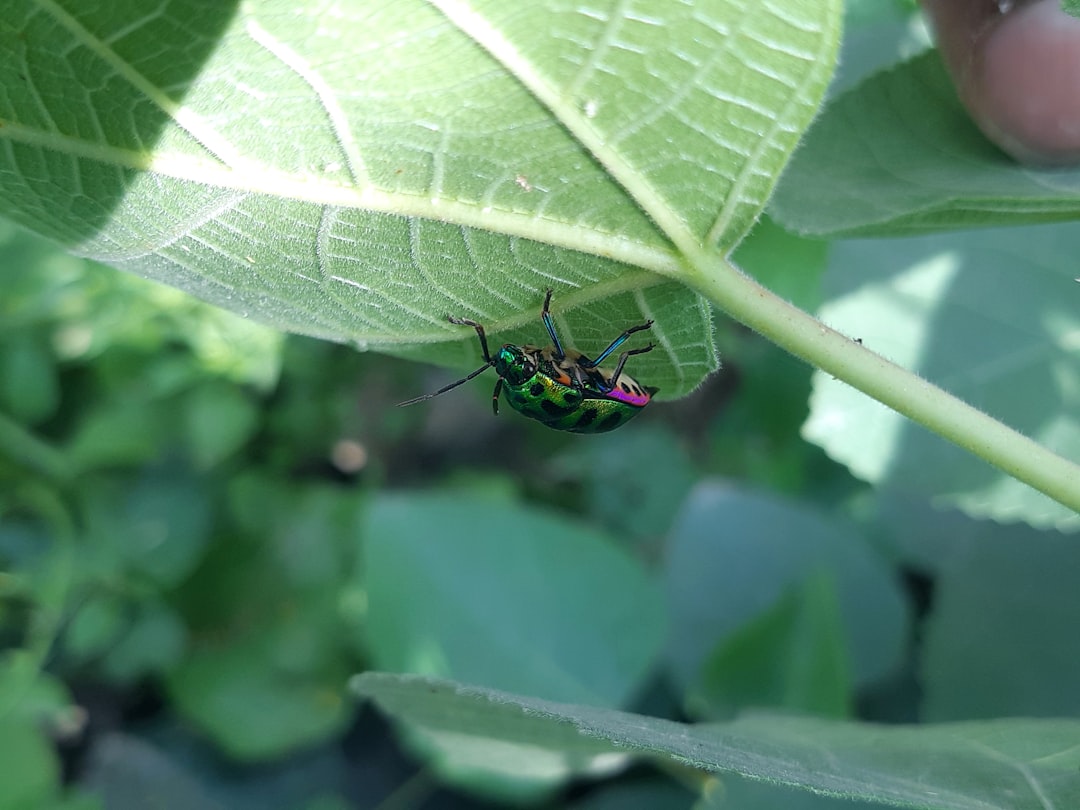
Identifying Common Garden Pests: A Visual Guide for Beginner and Experienced Gardeners Globally
Gardening is a rewarding and therapeutic activity that allows us to connect with nature while growing our own food or creating beautiful landscapes. However, it’s not without its challenges. One …
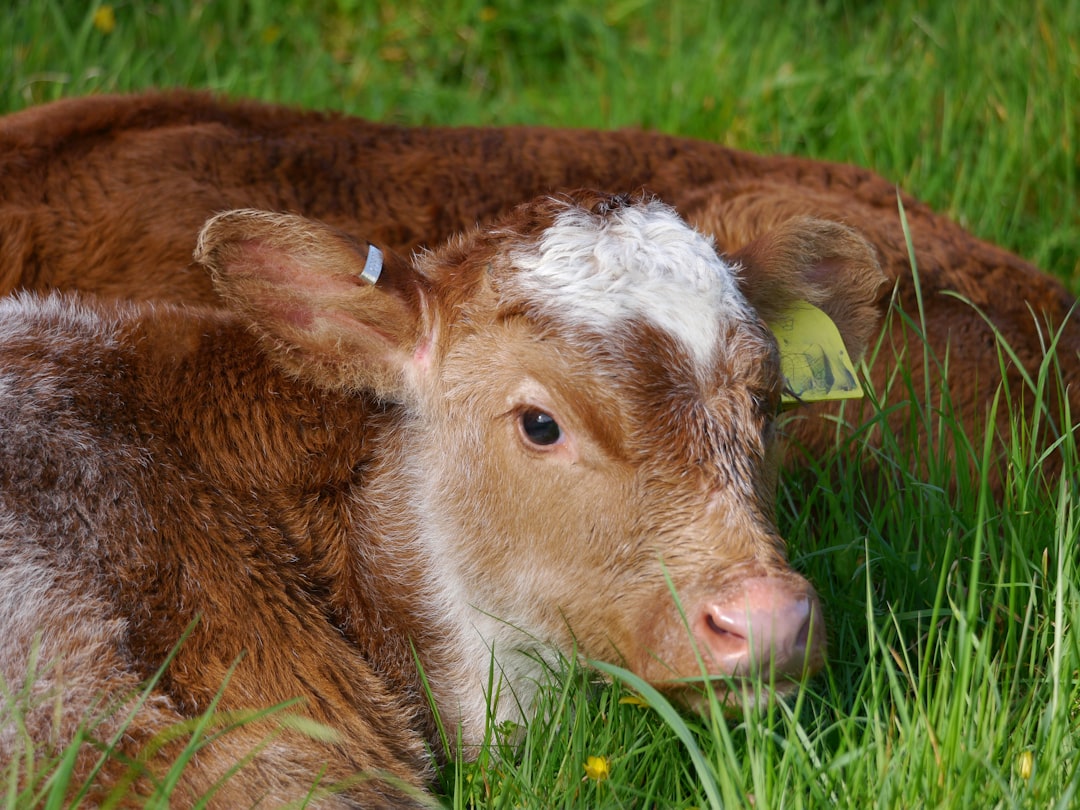
The Importance of Biosecurity in Preventing the Introduction and Spread of Livestock Pests
Livestock farming is essential to the global agricultural industry, contributing to the production of meat, milk, eggs, wool, and other animal products. However, maintaining a healthy and productive livestock population …
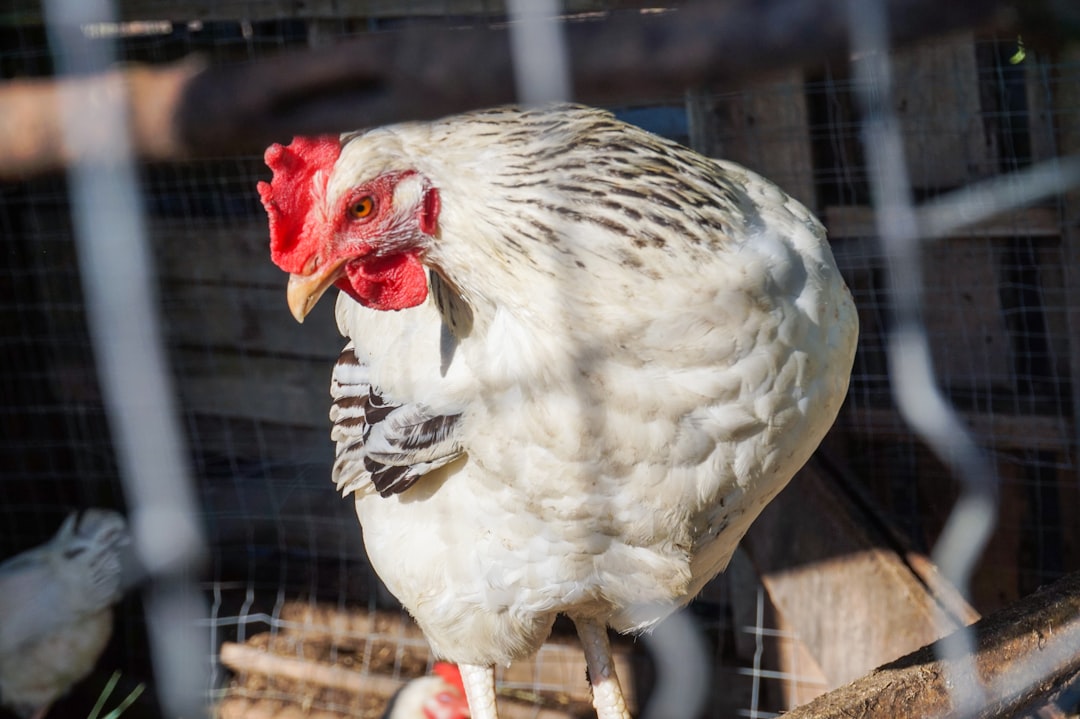
Managing Pests in Poultry Housing: Ensuring Bird Health and Welfare
Poultry farming is a vital part of the global agricultural industry, contributing significantly to the production of eggs, meat, and other poultry products. However, the success of poultry farming is …
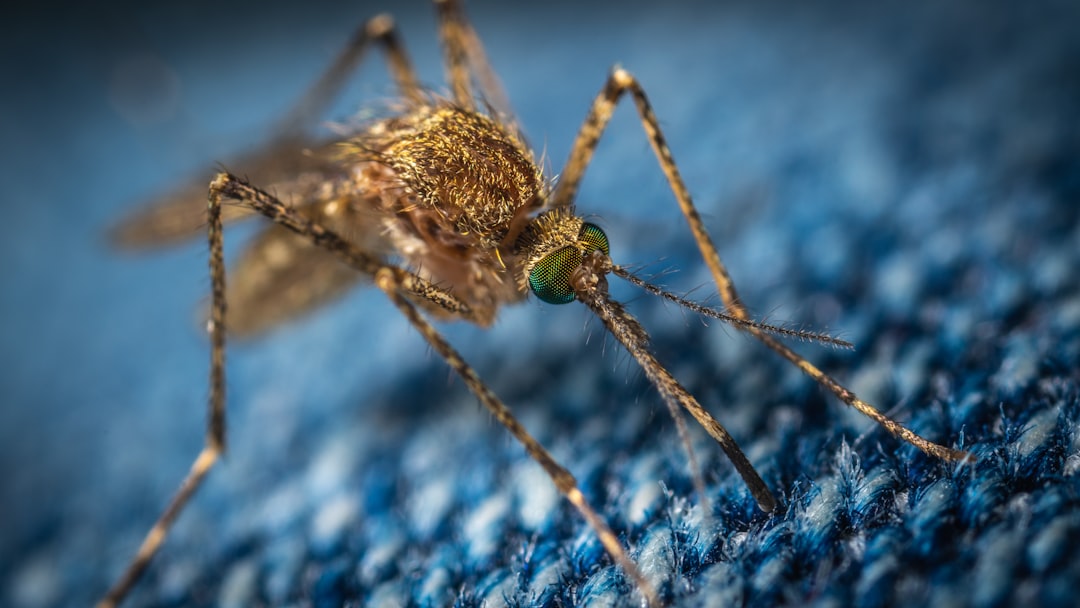
Mosquito-Borne Diseases Affecting Livestock: Prevention and Control Measures
Mosquitoes are often seen as a nuisance, but in agricultural settings, they can be more than just irritating insects. They are vectors for a range of serious diseases that can …
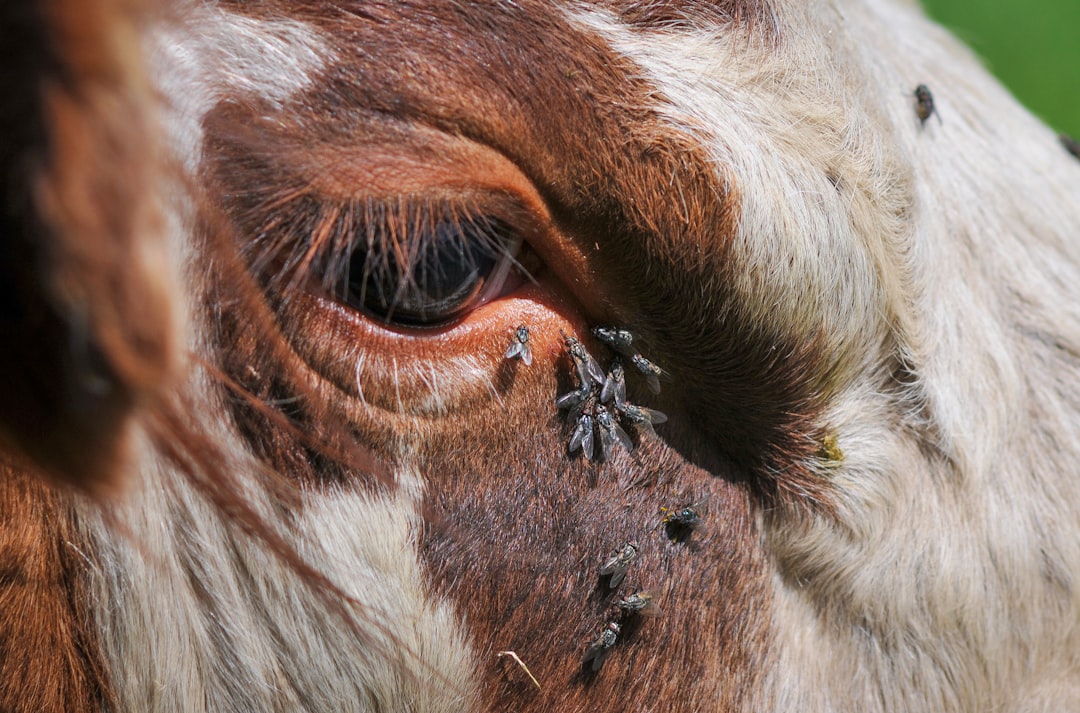
Fly Control in Livestock Operations: Reducing Annoyance, Disease Transmission, and Production Losses
Flies are a significant challenge in livestock operations, causing not only annoyance and discomfort to animals but also posing a serious threat to their health and productivity. These pesky insects, …
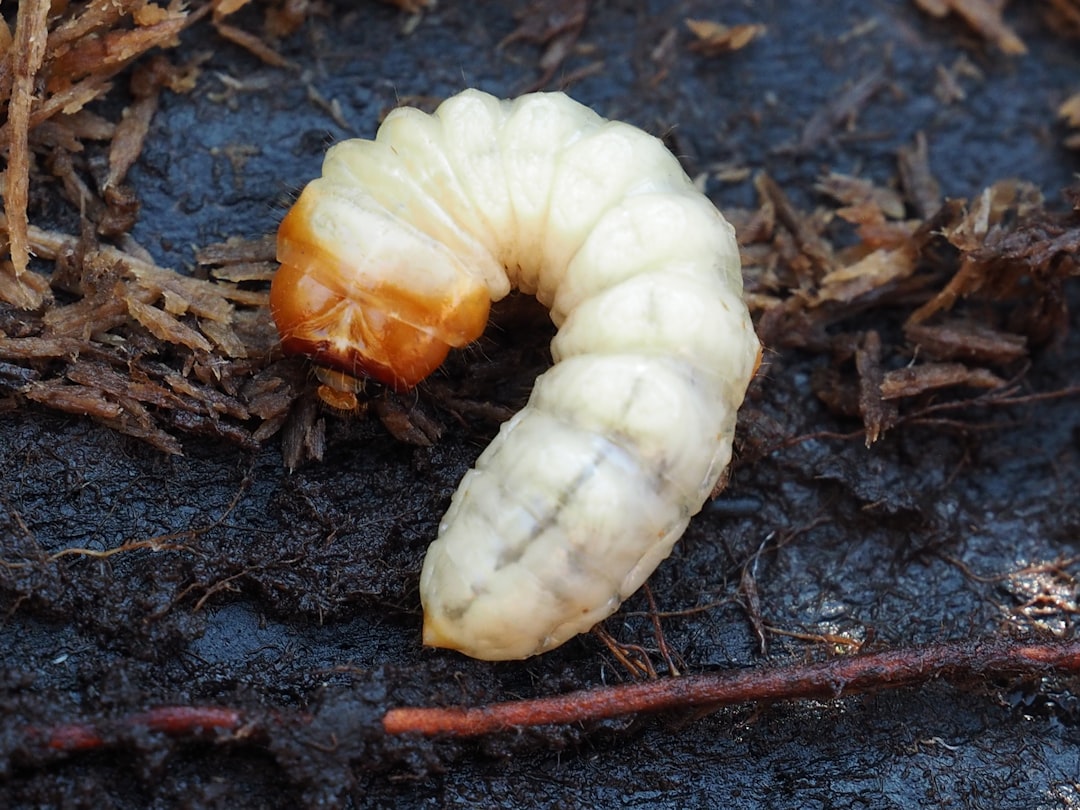
Controlling Internal Parasites in Livestock (Worms, Protozoa): Deworming Strategies and Pasture Management
Internal parasites, such as worms and protozoa, are a significant threat to livestock health worldwide. These parasites, which live within the digestive system or other internal organs, can lead to …
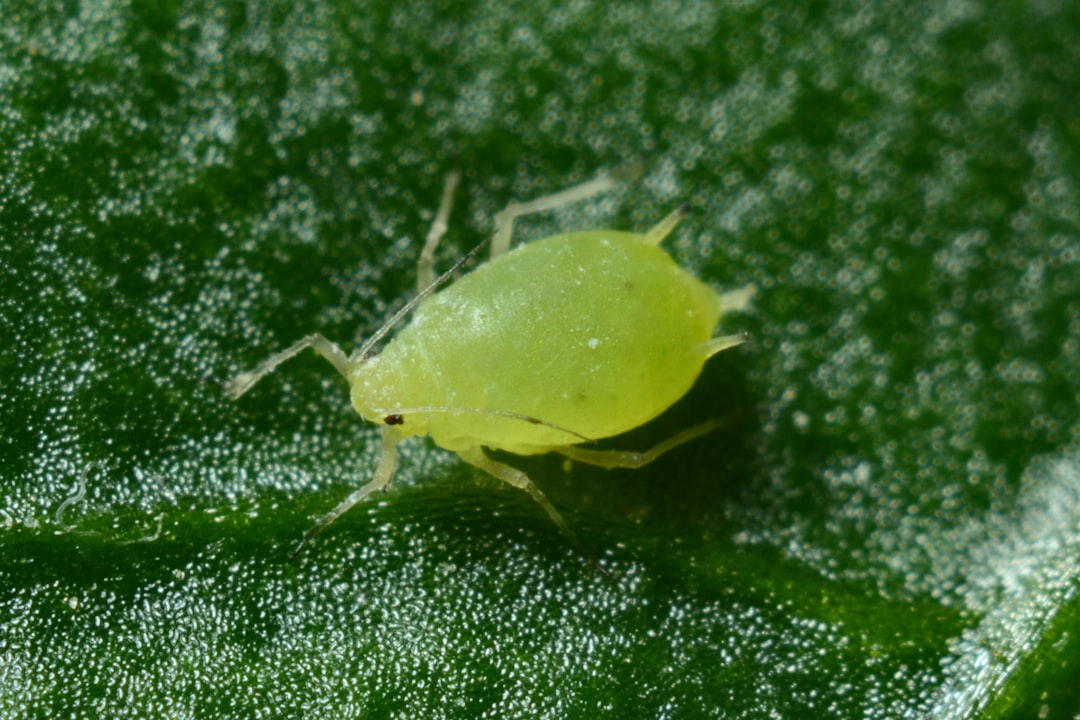
Managing External Parasites in Livestock (Ticks, Fleas, Lice, Mites): Global Best Practices for Different Animal Species
External parasites such as ticks, fleas, lice, and mites are a constant threat to livestock health worldwide. These pests not only cause discomfort and stress to animals but also carry …
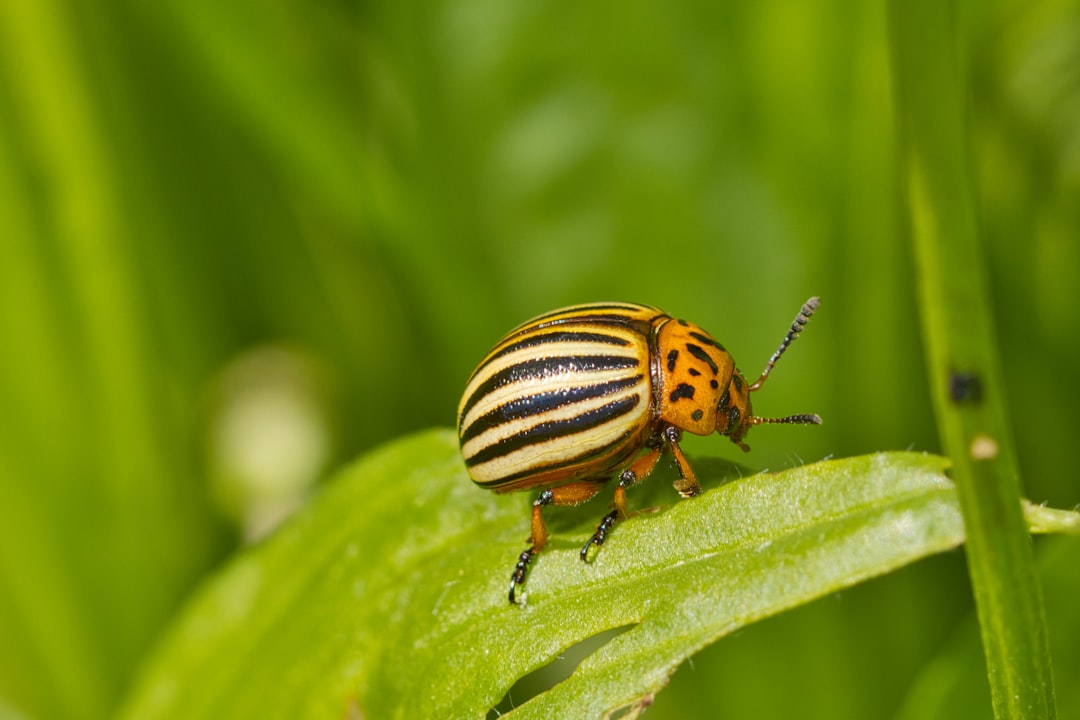
The Impact of Climate Change on Agricultural Pest Distribution and Management
Climate change has become one of the most significant challenges facing agriculture today. The rising temperatures, shifting rainfall patterns, and extreme weather events are not only affecting crop yields and …
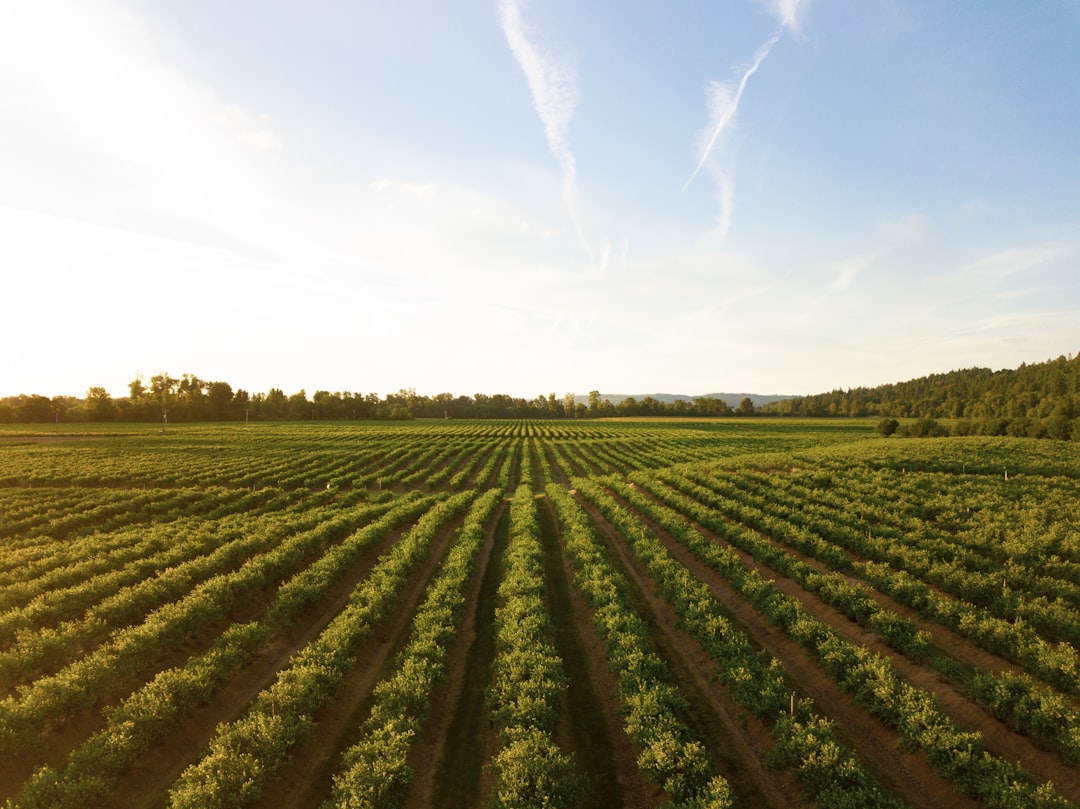
Nematode Management in Agriculture: Understanding the Threat and Implementing Control Measures
Nematodes, often referred to as roundworms, are microscopic organisms that exist in almost every environment on Earth. While many nematodes are harmless or even beneficial, a significant number are plant-parasitic …
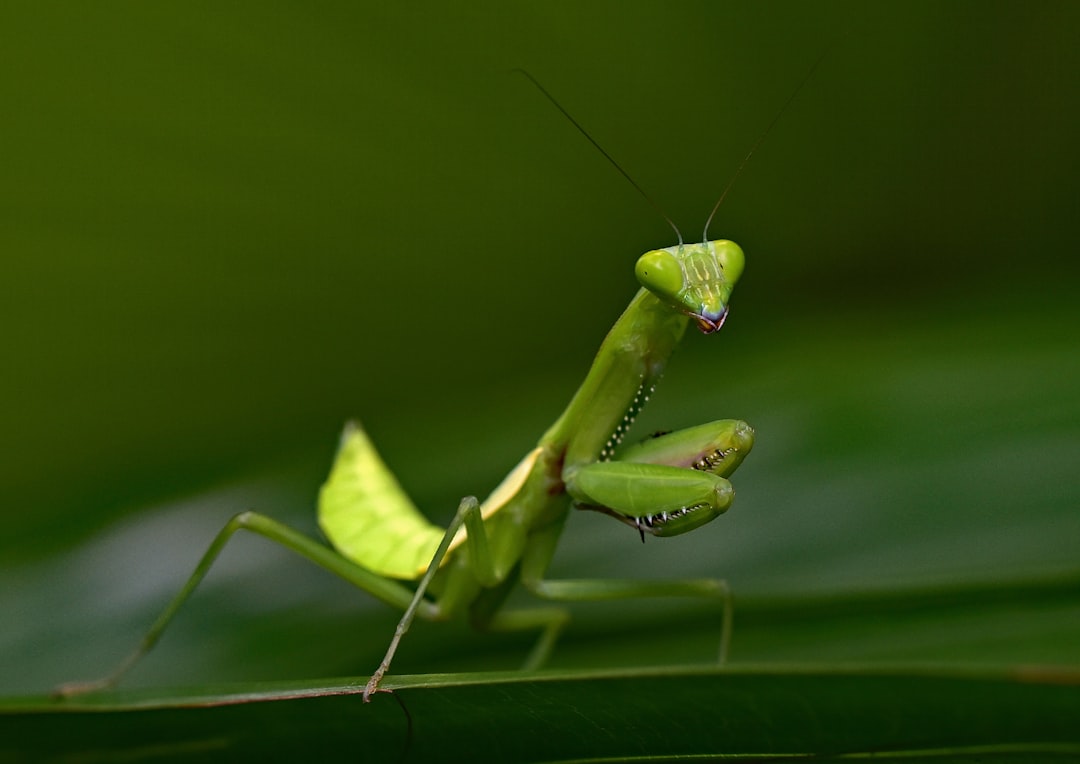
Common Insect Pests of Major Global Crops and Sustainable Management Strategies
Agricultural production worldwide faces a significant challenge from insect pests, which cause substantial losses in crop yield and quality. Grains, fruits, and vegetables—the cornerstone of global food security—are particularly vulnerable …
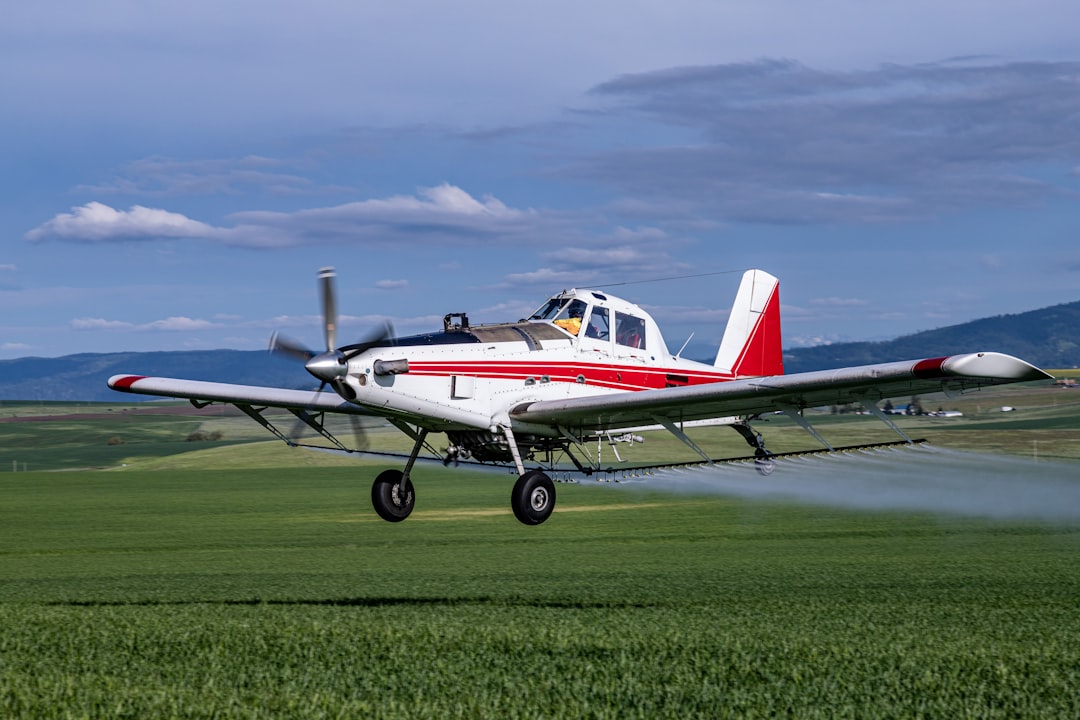
The Responsible Use of Chemical Pesticides: Global Guidelines and Best Practices for Minimizing Risks
Chemical pesticides have long been a cornerstone in modern agriculture, helping farmers protect crops from pests, weeds, and diseases. However, their misuse poses significant risks to human health, biodiversity, and …
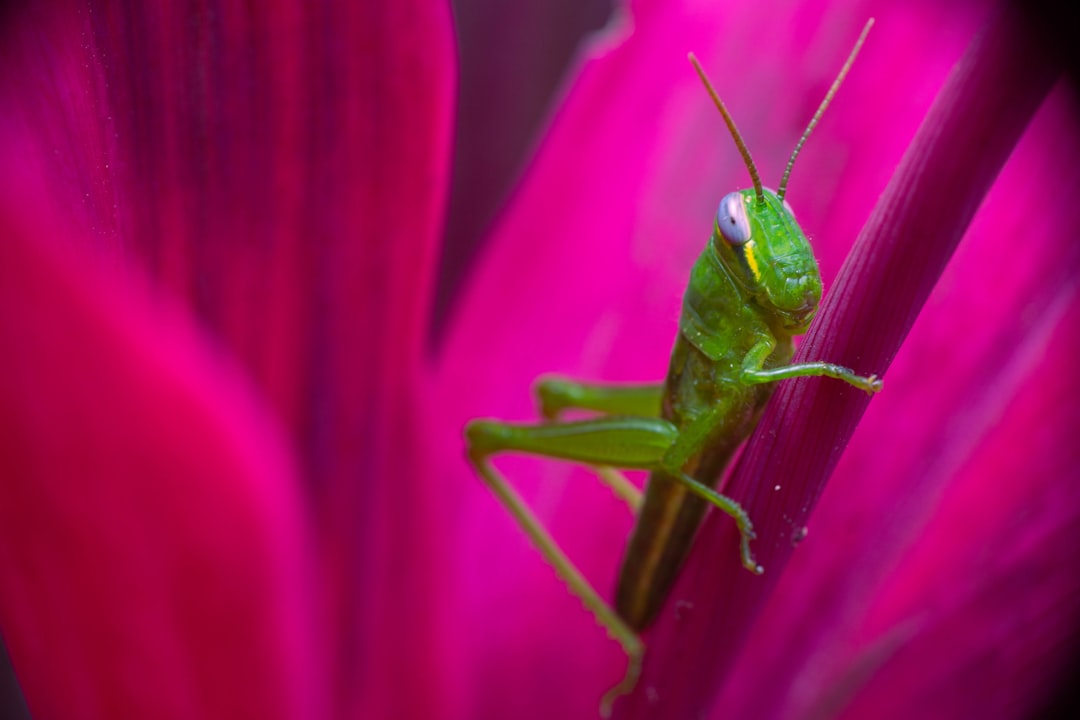
Cultural Control Methods: Modifying Practices to Prevent Pest Problems in Agriculture, Livestock, and Gardens
When it comes to managing pests, prevention is often more effective and sustainable than cure. Cultural control methods, a vital component of Integrated Pest Management (IPM), involve modifying agricultural, livestock, …
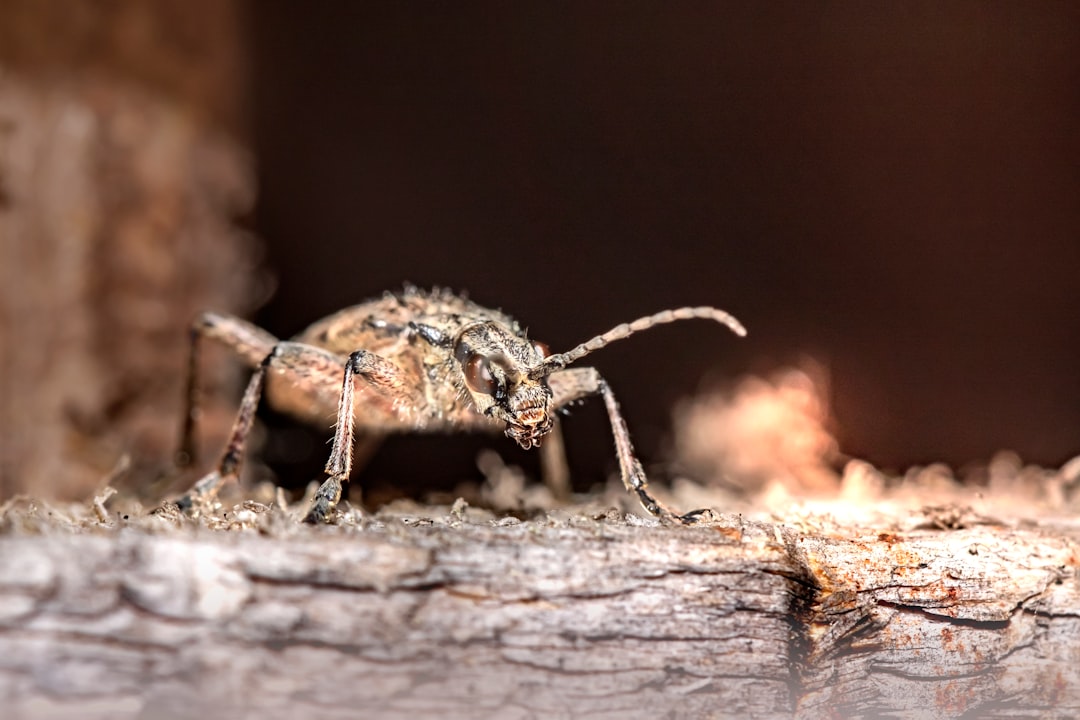
Biological Control: Utilizing Natural Enemies to Manage Pests Globally
In the ongoing battle against agricultural pests, the search for sustainable and environmentally friendly methods has led us to an ancient, yet innovative, practice: biological control. This approach leverages natural …
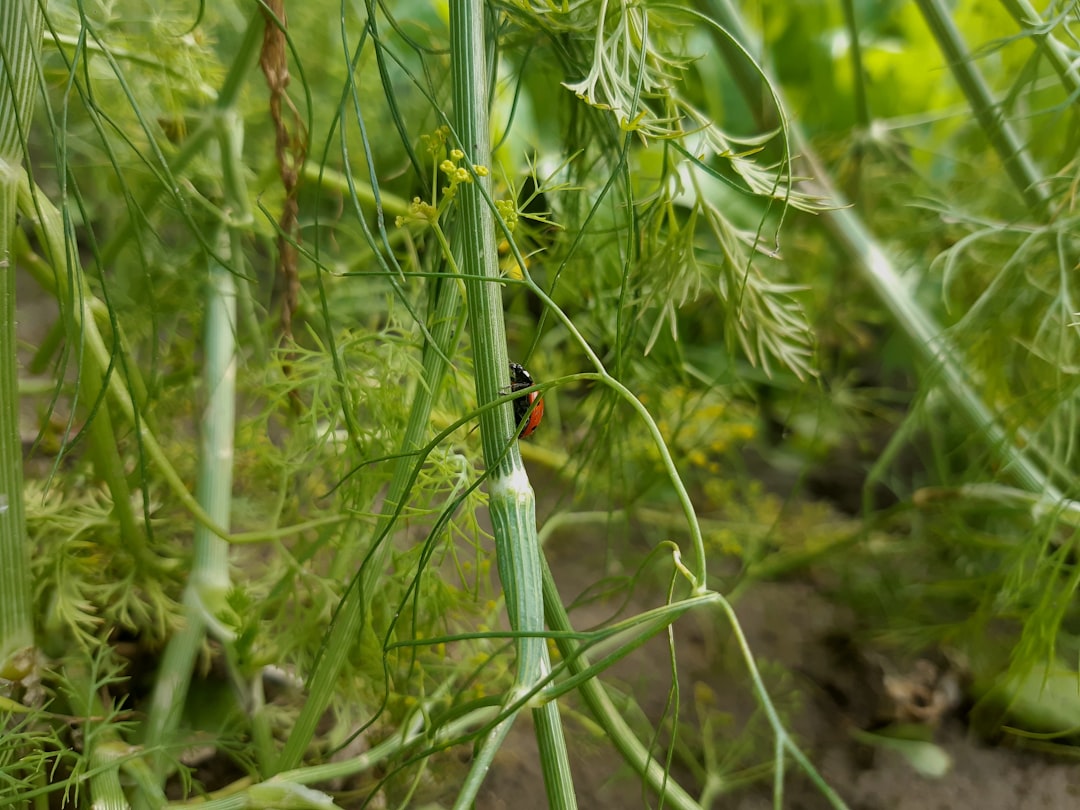
The Importance of Early Detection in Pest Management: Monitoring Techniques for Farms, Livestock, and Gardens
Pests have always been a challenge for farmers, gardeners, and livestock owners. They not only threaten yields and productivity but can also lead to significant economic losses. Effective pest management …
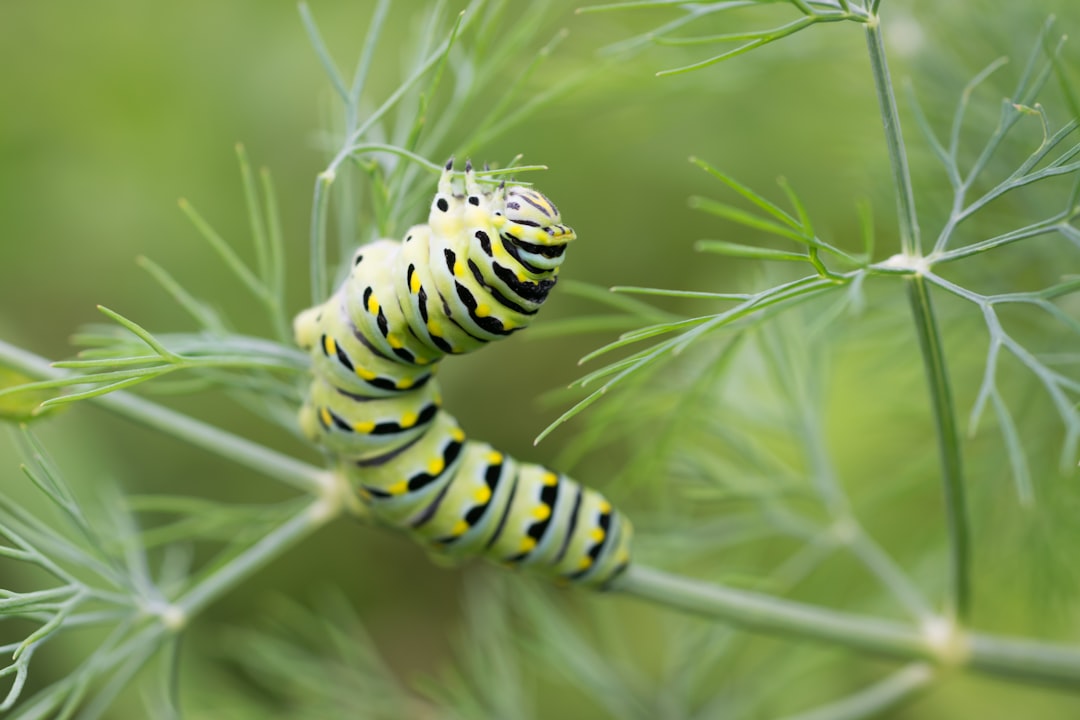
Understanding Pest Life Cycles: The Key to Effective Prevention and Control
Pests are a perennial problem in agriculture, homes, and businesses. They damage crops, spread diseases, and disrupt daily life. Yet, one of the most overlooked strategies for managing pests is …
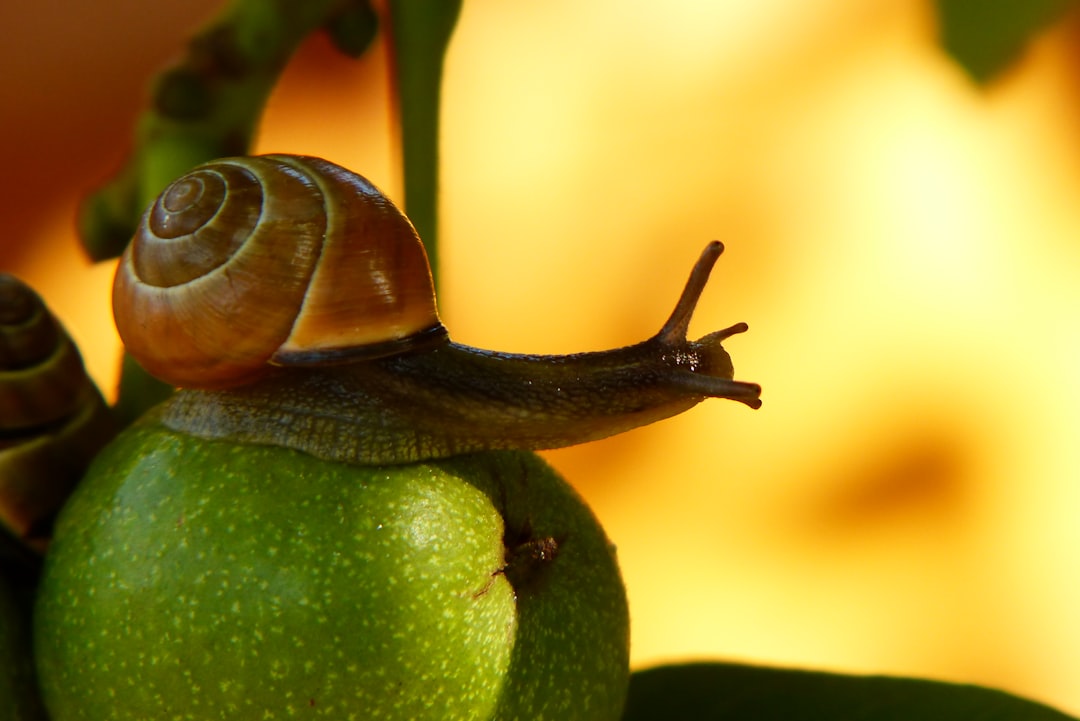
Integrated Pest Management (IPM): A Global Strategy for Sustainable Pest Control in All Sectors
Integrated Pest Management (IPM) represents a forward-thinking approach to pest control, offering sustainable solutions for agricultural, industrial, and urban sectors. This strategy seeks to minimize reliance on chemical pesticides while …
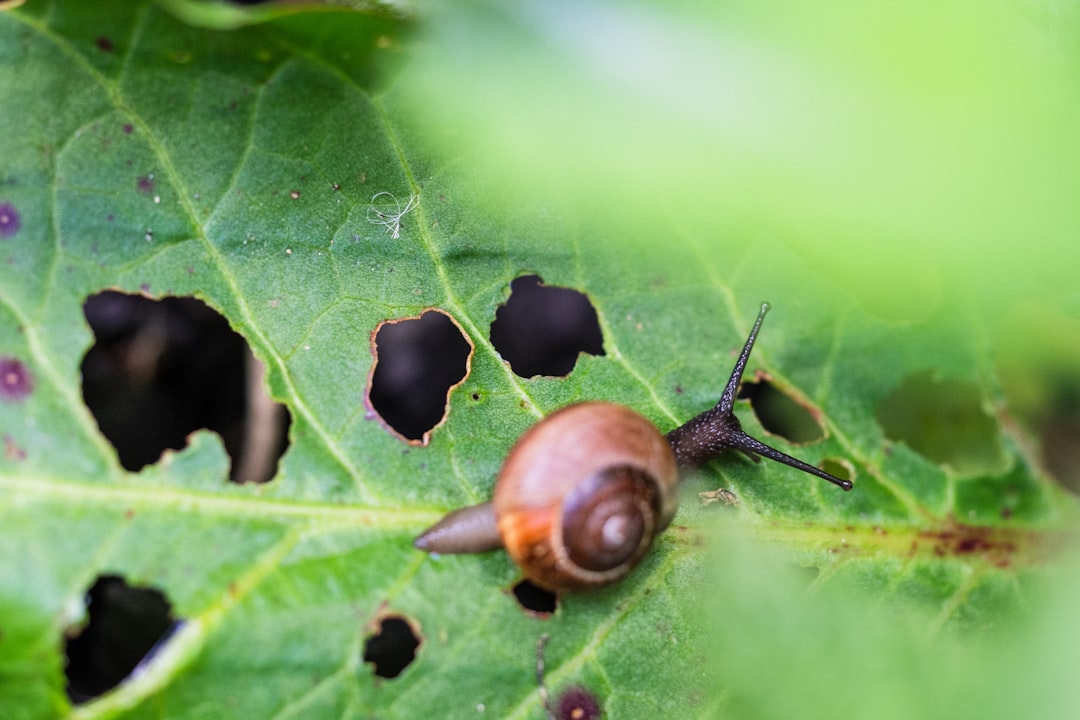
Pest and Disease Management in Crop Production: Principles and Practices
Effective pest and disease management is crucial for maintaining crop health and productivity in agricultural systems. Integrated Pest Management (IPM) represents a holistic approach that combines various techniques to minimize …
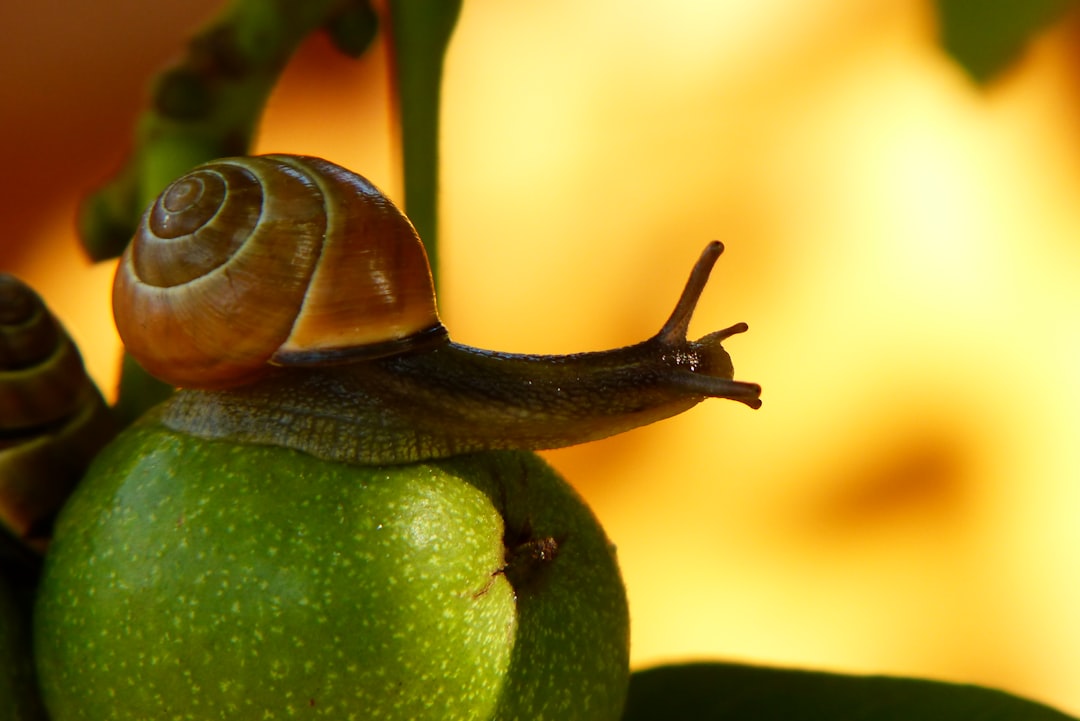
Integrated Pest Management (IPM): Reducing Reliance on Chemical Pesticides
Integrated Pest Management (IPM) is a comprehensive approach to managing pests that emphasizes sustainability and minimizes the use of chemical pesticides. …
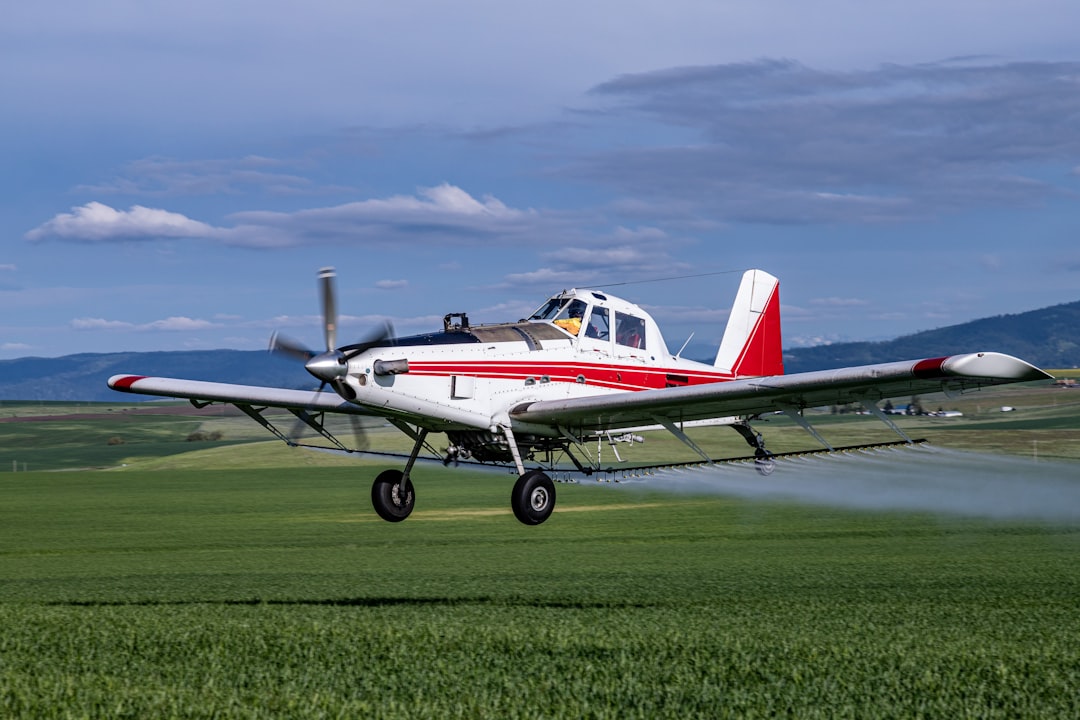
Can intercropping help in reducing the need for pesticides
Intercropping can significantly help reduce the need for pesticides by employing several mechanisms to control pests and diseases. Here are some ways intercropping contributes to pesticide reduction: